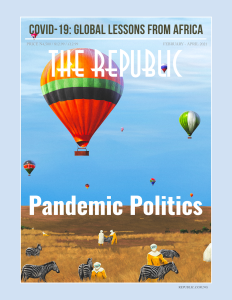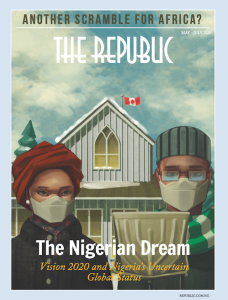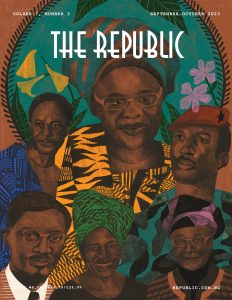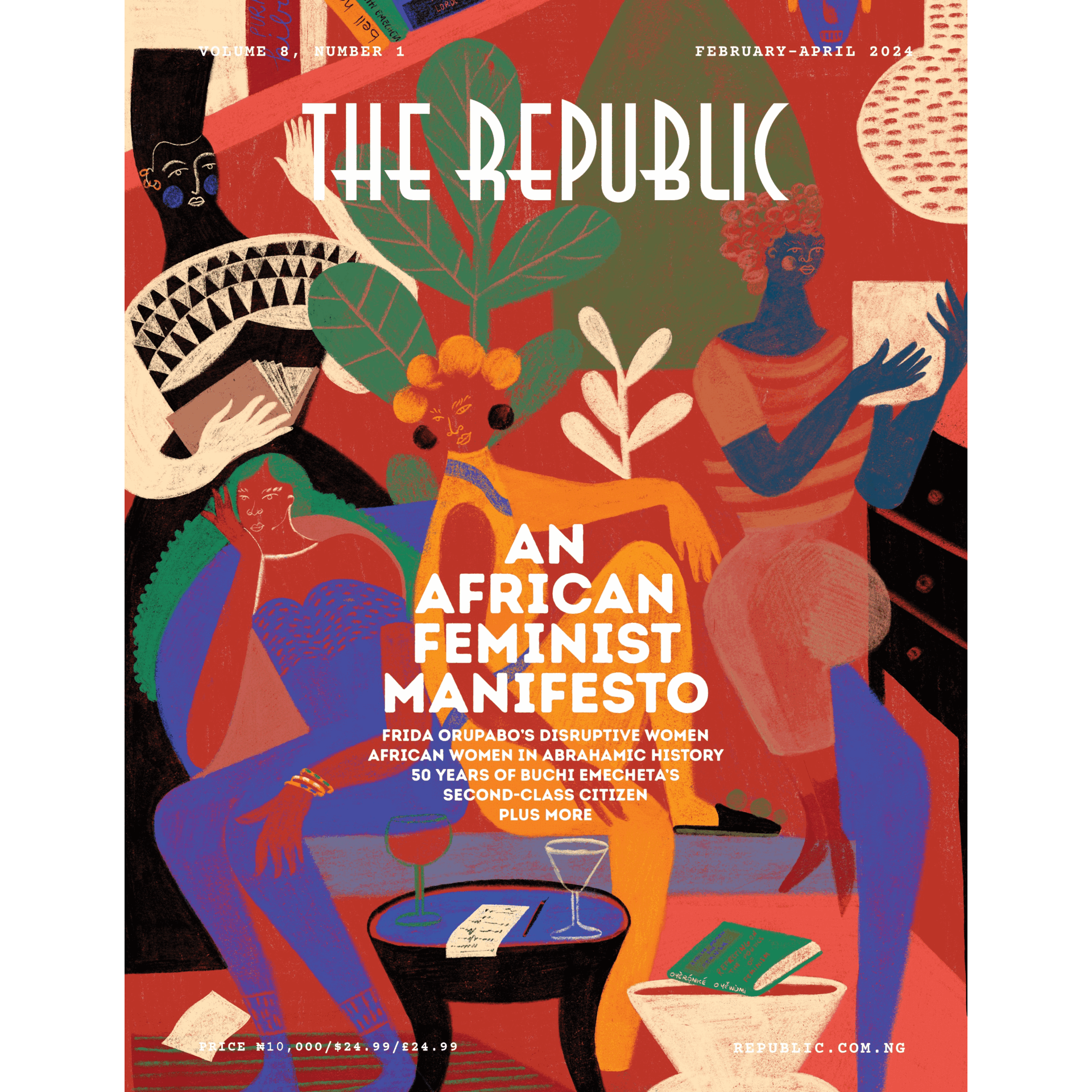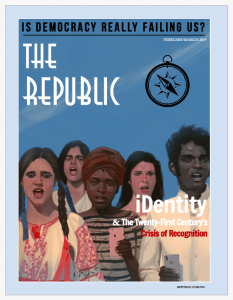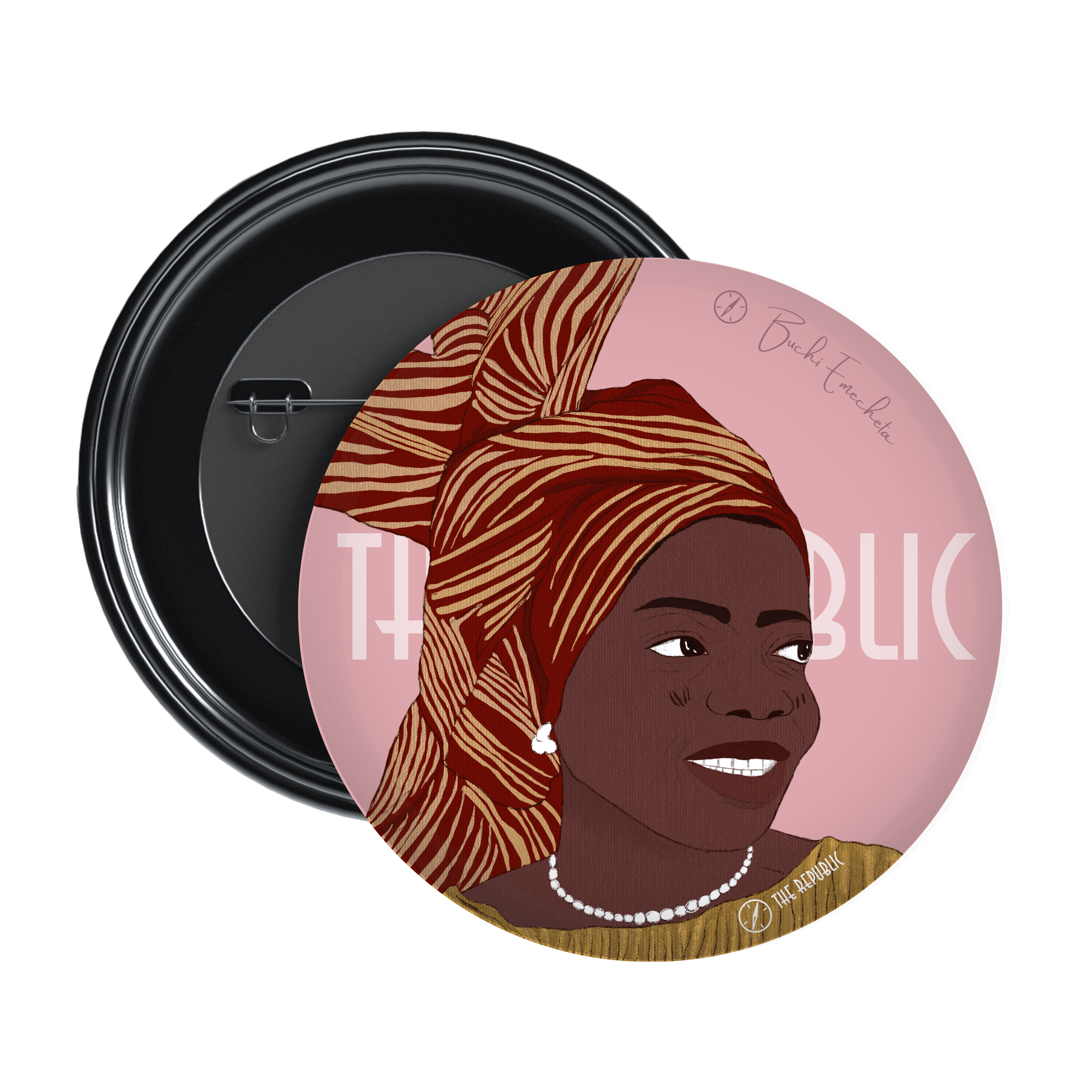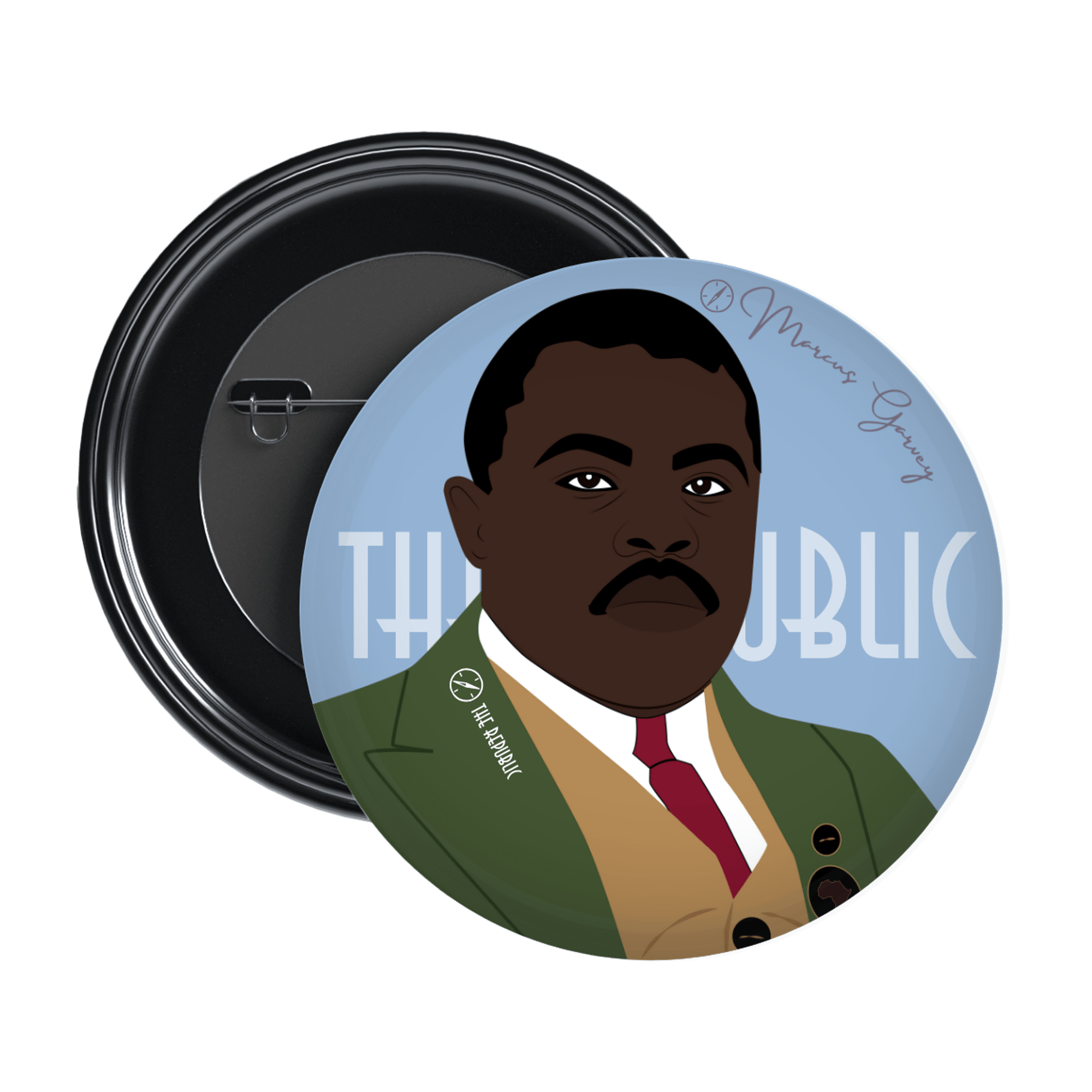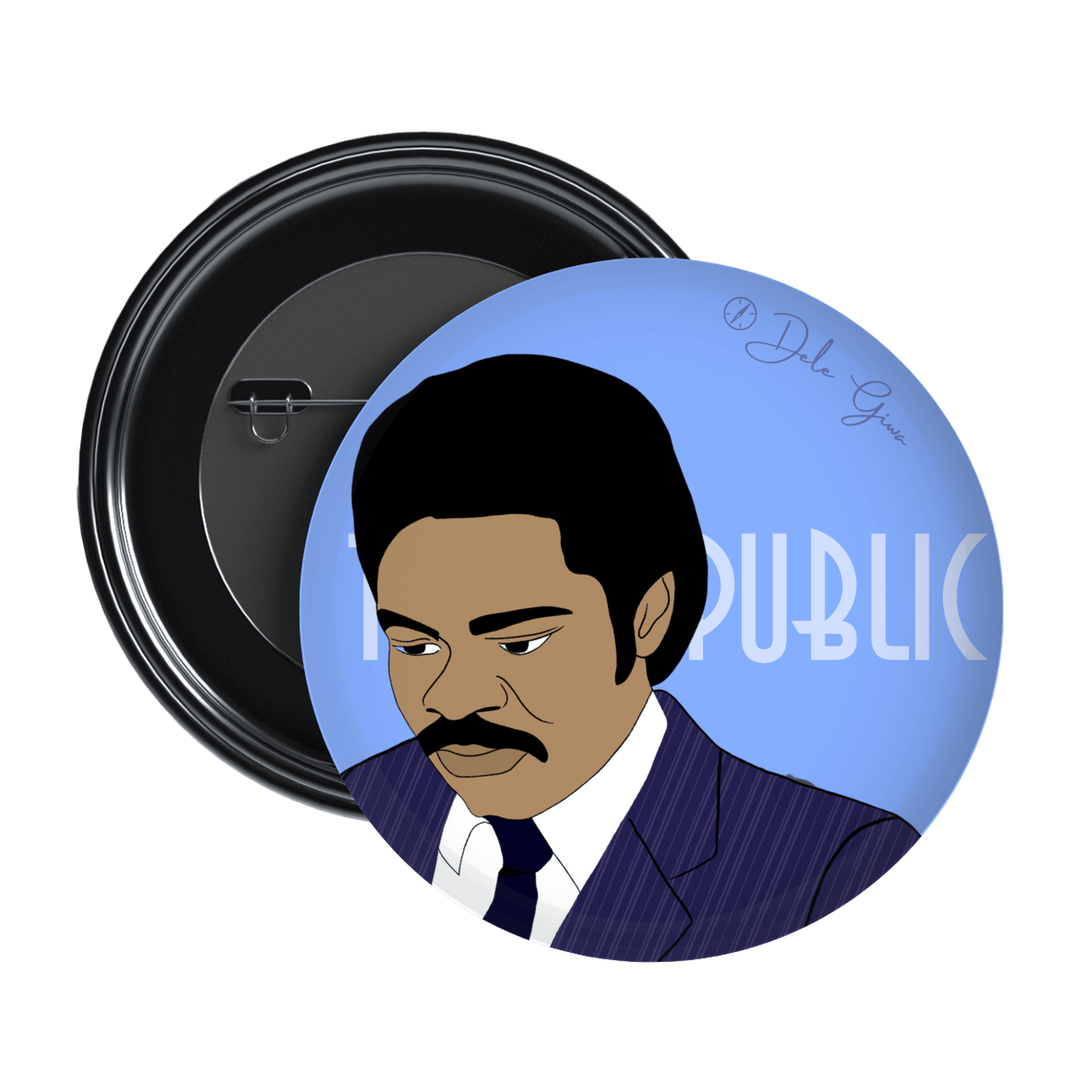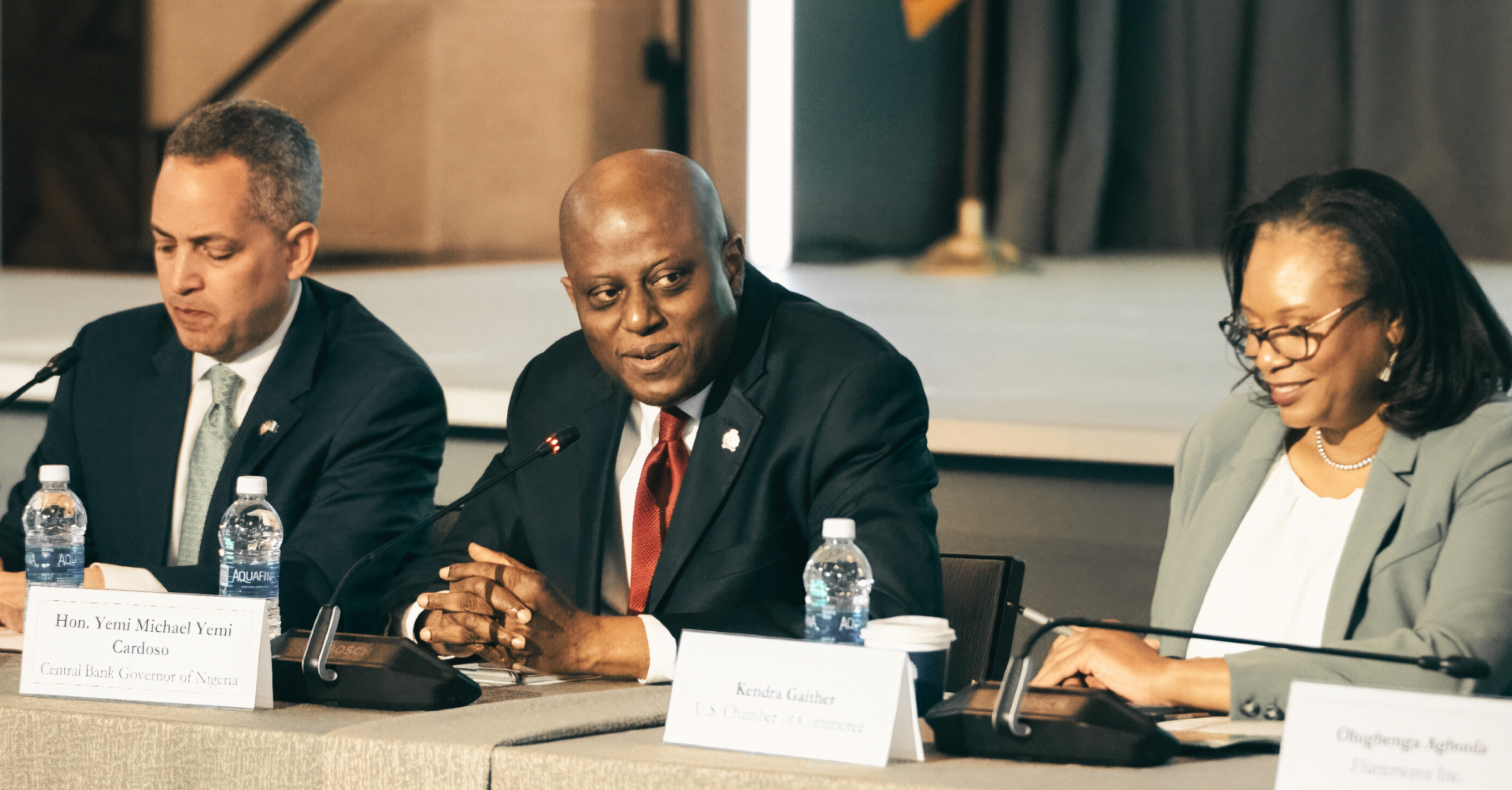
Press Briefing by CBN Governor, Mr. Olayemi Cardoso at the IMF/World Bank Spring Meetings, 2024. CENTRAL BANK OF NIGERIA / X.
the ministry of business x the economy
The Difficult Playbook of Cardoso’s CBN

Press Briefing by CBN Governor, Mr. Olayemi Cardoso at the IMF/World Bank Spring Meetings, 2024. CENTRAL BANK OF NIGERIA / X.
the ministry of business x the economy
The Difficult Playbook of Cardoso’s CBN
Undoubtedly, Dr Olayemi Cardoso’s takeover of the reins of the Central Bank of Nigeria (CBN) in September 2023 at a time when Nigeria grappled with the bitter aftertaste of various monetary chaos was a difficult task. Within a year, Nigeria’s economy suffered several shocks. These included the forex liquidity crisis largely caused by limited United States dollar in-flows and the naira’s free fall owing to the exchange rate harmonization initiatives. Moreover, the rising inflation and, importantly, the lingering trust deficit in the CBN stemming from the naira redesign policy in October 2022, meted untold hardship on individuals and businesses in Nigeria. Collectively, these challenges were merely a foretaste of the issues on ground.
Within nine months of Cardoso steering the tides of Nigeria’s monetary policies, the CBN has introduced a series of policies that have since delivered various outcomes. Some positives have included the clearance of all foreign exchange backlog totalling about $7 billion and reversing the tides of the naira value, which grew from one of 2023’s worst-performing currencies, to become the best-performing currency for April 2024. Yet, this achievement was short-lived as the naira has since plummeted to the worst-performing currency in the world.
shop the republic
-
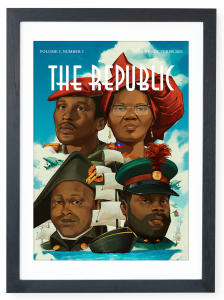 ₦70,000.00 – ₦75,000.00Select options This product has multiple variants. The options may be chosen on the product page
₦70,000.00 – ₦75,000.00Select options This product has multiple variants. The options may be chosen on the product page -
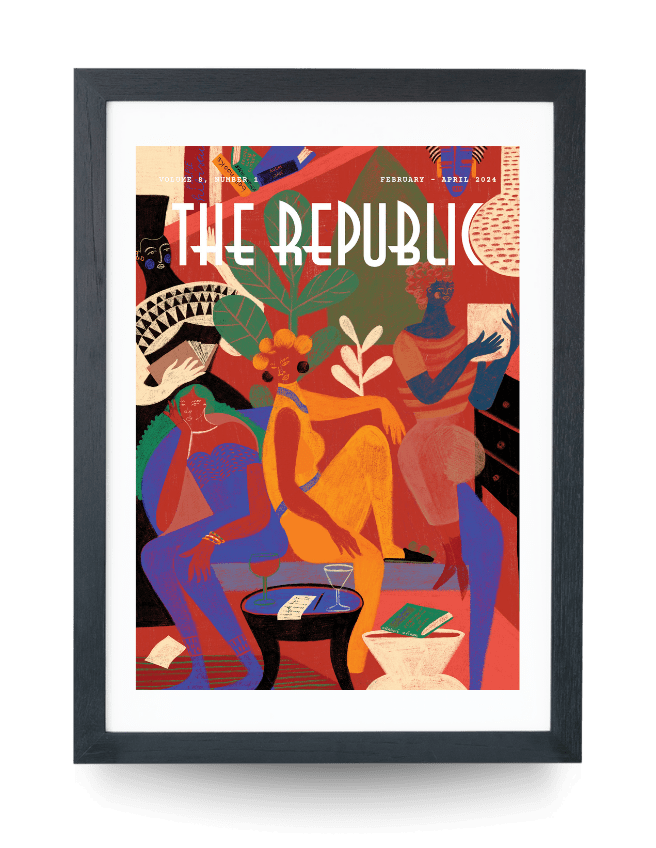 ₦70,000.00 – ₦75,000.00Select options This product has multiple variants. The options may be chosen on the product page
₦70,000.00 – ₦75,000.00Select options This product has multiple variants. The options may be chosen on the product page -
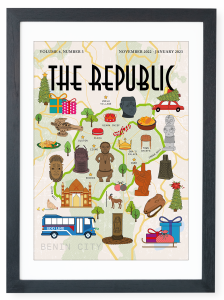 ₦70,000.00 – ₦75,000.00Select options This product has multiple variants. The options may be chosen on the product page
₦70,000.00 – ₦75,000.00Select options This product has multiple variants. The options may be chosen on the product page -
 ₦70,000.00 – ₦75,000.00Select options This product has multiple variants. The options may be chosen on the product page
₦70,000.00 – ₦75,000.00Select options This product has multiple variants. The options may be chosen on the product page
shop the republic
-
 ₦70,000.00 – ₦75,000.00Select options This product has multiple variants. The options may be chosen on the product page
₦70,000.00 – ₦75,000.00Select options This product has multiple variants. The options may be chosen on the product page
One’s authenticity is currency in rap. It is a fact acknowledged by academics and practitioners alike. Concededly, rap music accepts, if not encourages, certain forms of artificiality: puffery, bravado, self-aggrandizement. But there is a radius of lyrical authenticity that can’t be breached. When Kendrick criticized Drake for offering his fans a neutered version of rap music, and Drake charged Kendrick for cosplaying as an activist, they were both levying charges of musical inauthenticity against one another, the ultimate sin.
The showdown between Kendrick and Drake also shone a spotlight on personal integrity in rap. At a time where consumers are finding it increasingly difficult to divorce the art from the artist, Kendrick and Drake’s exchanges suggest that there is—or, at the very least, should be—a moral premium in rap. Drake insinuated that Kendrick beat his wife. Kendrick labelled Drake a pedophile. Both artists are canny operators, aware of the tenor of the current moment. Over the past few years, former hip-hop titans, such as R. Kelly and P. Diddy, have been deplatformed for their sexual and violent misconduct (and, in the case of the former, imprisoned). By casting personal aspersions against one another, both Drake and Kendrick were engaging in a strategic process of vilification, using the emerging moral premium in rap to spur the other’s downfall.
Drake and Kendrick’s feud showed that musical and moral integrity can be prized principles in rap music. Their dialogue also delineated the boundaries of permissible feuding. The first diss tracks had a circumscribed focus: the two artists were the intended targets. The earlier tracks excavated the respective artist’s personal and professional failings, but they did so narrowly and within a delimited range of friendly fire. But Drake widened the aperture in Push Ups. He expressly mentioned Kendrick’s fiancé, Whitney Alford, by name (‘I be with some bodyguards like Whitney’). Drake’s comment marked an inflection point in the beef. Indeed, Kendrick noted this turn in ‘euphoria’ when he issued a warning to Drake: ‘Don’t speak on the family, crodie/ It can get deep in the family, crodie/ Talk about me and my family, crodie?/ Someone gon’ bleed in your family, crodie.’
Kendrick’s ‘euphoria’ was thus full of invectives, setting the stage for a more lethal exchange. Drake responded in kind in ‘Family Matters’, but Kendrick ratcheted it up in ‘Meet the Grahams’. ‘Meet the Grahams’ is arguably the most devasting and the most personal track in the feud. Kendrick addresses Drake’s son, mother, and father directly—each family member receives a personalized stanza. The opening line of the song foreshadows the carnage to follow: ‘Dear Adonis / I’m sorry that that man is your father, let me honest.’
Just as civilians form a protected class during active hostilities, preventing them from being targeted, a rapper’s family members are also non-targets. Once that ethical perimeter has been breached, the rap battle escalates and anything—and anyone—becomes fair game.
shop the republic
SPOTLIGHT ON THE 2024 WORLD BANK/IMF SPRING MEETINGS
While the duo of highs and lows have characterized Cardoso’s reign, the CBN governor, alongside the minister of finance, Wale Edun, sought to restore international confidence in the naira. They attended the Spring Meetings of the International Monetary Fund (IMF) and the World Bank Group (WBG), which were held from 15 to 20 April 2024. The IMF/WBG Spring Meetings are an annual event for dialogue between central bankers, ministers of finance and development, parliamentarians, private sector executives, civil society organizations, and academics. These attendees discuss issues of global concern, which cut across financial stability, economic outlook, poverty eradication, development, and aid effectiveness.
One standout event at this year’s Spring Meetings was a speaking session tagged ‘Governor Talks – Nigeria: Catalysing Change: Reforming Monetary Policy in Nigeria’, a conversation held with Cardoso, moderated by Abebe Aemro Selassie, the director of the IMF African department. During this session, Cardoso provided insight into the policy reforms initiated so far and the possible future reforms for Nigeria. Particularly, Cardoso accounted for and showcased Nigeria’s bold reform path to restoring macroeconomic stability and the various initiatives taken to stem the tide of monetary policies in Nigeria.
Monetary Policy Reforms:
Cardoso spoke on measures introduced to address existing monetary challenges, which ranged from unstable exchange rates to the lingering trust deficit among the Nigerian populace. Regarding exchange rate reforms, Cardoso acknowledged that Nigeria’s exchange rate has been tightly managed, having endured great difficulty due to high inflation and tremendous stress on the naira. He reemphasized the CBN’s approach to return to ‘orthodox monetary policy’ with the era of interventions now over. He explained that upon assuming office, the naira was the worst-performing currency globally. However, six months later, the naira was adjudged as having the best currency in any country. He further explained that the challenge faced in foreign exchange liquidity has now eased off. Previously, the greatest amount of liquidity traded daily was between $200 million and $300 million. Within the past six months, the CBN recorded trade of over $1 billion.
However, he noted that the biggest challenge was the public perception, which indicated a lack of trust in the CBN and a pervasive sense of hopelessness in the gloomy situation. While acknowledging that building trust cannot be done overnight, Cardoso emphasized the importance of communication and how he has used his public speeches to inspire confidence in the general Nigerian public. He cited various public speeches, including his September 2023 speech at the Senate confirmation screening for the CBN governor’s position, where he asserted his commitment to clearing the $7 billion backlog. He further highlighted his keynote address at the November 2023 Chartered Institute of Bankers of Nigeria Dinner, informing bankers of a potential bank recapitalization exercise—which was later announced in March 2024. These were amongst other efforts to engage various stakeholders, particularly international investors.
Speaking on how these policies were being communicated to the public to influence behaviour, the CBN governor emphasized the need for reasonableness in expectations. Acknowledging that the long-standing damages caused by Nigeria’s monetary policy will not be transformed overnight, he mentioned that Nigerians were impatient to see results and that coming out to explain the issues was critical. He alluded to forums like the question-and-answer segments of the Monetary Policy Committees (MPC) meetings which were crucial opportunities to explain policy decisions to the public and future plans to strengthen existing communication channels, so the public could understand the reasoning behind policy decisions.
Coordination with the Ministry of Finance:
Another question centred on the pressures surrounding the financing of the Nigerian budget’s fiscal deficit, which as of the Spring Meetings stood at about N9 trillion. The CBN governor was quizzed on how his office effectively coordinated with the Ministry of Finance on policies and his expectations for the federal government to fund itself sustainably.
Cardoso noted that the CBN inflation objectives could only be successfully achieved through collaboration with the Ministry of Finance, which handles the fiscal side of the economy. The primary goal of monetary policy is to achieve price stability and promote sustainable economic growth. Inflation targeting is a monetary policy strategy where a central bank predicts and publicly announces a target inflation rate. In order to achieve price stability, the central bank utilizes various monetary tools to align actual inflation with that target.
As of May 2024, Nigeria’s inflation rate stood at 33.95 per cent, significantly falling below the 2024 inflation target of 21.4 per cent, announced earlier in the year. Among various initiatives aimed at achieving Nigeria’s inflation target, Cardoso cited CBN’s joint efforts with the Ministry of Finance and Ministry of Agriculture and Food Security to reduce food inflation, as an example of the CBN’s collaborative approach to achieving its overall objectives. However, the World Bank has cited fears that the CBN’s present monetary measures through interest rate hikes, which tighten monetary policy, may fall short of controlling inflation. Also, Cardoso referenced other coordination initiatives with the Ministry of Finance like the composition of the MPC meetings. These meetings comprise senior officials from the fiscal and monetary authorities, including the permanent secretary of the Ministry of Finance.
He further emphasized that the collaboration extends beyond the fiscal side to include political leadership. Thus, there is a strong understanding of the need for bold, resolute, and swift decision-making in overcoming Nigeria’s current challenges.
Defending the naira:
When asked how much has been spent in defending the naira, whether from foreign reserves or foreign portfolio investment inflows, Cardoso explained that the CBN intends to promote the willing-seller and willing-buyer mechanism and ultimately a future where CBN intervention will not be necessary, except in unusual circumstances. He explained that a shift in policy objectives is evident in the foreign reserve and that the CBN is looking towards a market that operates independently. This statement was made while acknowledging that the shifts in the foreign reserves have little to do with defending the naira. Although Cardoso did not explicitly confirm or deny if the CBN was defending the naira, he nevertheless confirmed that loan repayments and other financial commitments were the main causes of shifts in Nigeria’s foreign reserves.
shop the republic
JOURNEY THUS FAR: REFLECTIONS ON CARDOSO’S PLAN AND A POSSIBLE WAY FORWARD
The CBN’s initiatives to reform the monetary policy climate have had early successes alongside attendant challenges. While these initiatives may have caused short-term pain, there are some indications that they could result in predicted long-term gain, which could pave the way for a growing economy.
The volatility of the exchange rate and the naira’s free fall:
The volatility associated with the decline in the naira’s value and free fall can be traced to foreign exchange demand and supply dynamics. For decades, Nigeria’s primary source of foreign exchange has been crude oil. In recent years, the quantum of foreign exchange has continued to dwindle, while dealing with excessive oil production costs and reduced crude oil production levels. Presently, Nigeria accounts for the world’s highest crude oil production cost, with a barrel costing $48, miles apart from $9 per barrel in Saudi Arabia, $21 in Norway, and $24 per barrel in the United States. Nigeria’s high production costs coupled with huge oil theft have made the country unable to enjoy the marginal gains from the sale of oil in comparison to other countries.
For an import-dependent country such as Nigeria, with valid and competing interests for foreign exchange, the basic economics of high demand and limited supply will drive high foreign exchange prices, leading to a spike in the exchange rate. Since the introduction of the willing buyer and seller mechanism, and the removal of the naira pegging, the value of the naira against the US dollar has continued to evoke embarrassment. The willing-buyer, willing-seller mechanism permits market forces of supply and demand to determine the exchange rate per time. For an economy heavily reliant on foreign currency, the depreciation of the naira coupled with the removal of fuel subsidy have continued to drive inflation, leading to increased costs of goods to final consumers. In February 2024, the CBN introduced sweeping reforms to address the exchange rate volatility and achieve liquidity in the foreign exchange markets. These reforms include the unification of the foreign exchange market segments, clearance of outstanding foreign exchange obligations, introduction of new operational mechanisms for Bureau de Change operators (BDCs), enforcing Net Open Position Limit and adjusting the remunerable Standing Deposit Facility Cap.
As well-intentioned as the CBN’s recent initiatives have been, the decision to depart from the age-long practice of defending the naira at a time when the country and investors are in dire need of predictability and certainty appears ill-timed. As it stands, Nigeria faces various domestic shocks ranging from high inflation, fuel subsidy removal, continued budget deficit, astronomical increase in energy costs, limited foreign exchange supply and dwindling government revenue. The CBN’s recent initiatives have merely addressed the symptoms without dealing with the root issue. The significant imbalance between the demand for dollars as against existing supply has been a major issue. Essentially, if the market cannot bring the supply and demand for the dollar closer to parity (equal levels), there will continually be instability in the value of the naira.
Experts have consistently called for the transition from natural resource extraction toward value-added products and services. This shift aims to generate more foreign exchange through non-oil exports. However, the CBN’s present approach of not defending the naira from current turmoil could worsen the situation. This approach throws Nigeria into the vagaries of an unrestrained market, the very issue that the Bola Ahmed Tinubu-led administration has vowed to tackle.
With the willing-buyer, willing-seller model, the CBN has now scrapped the erstwhile fixed exchange rate regime. Under the fixed regime, the central bank artificially preserved the naira’s value by setting a fixed rate for banks to deal with foreign exchange transactions. This occurred even when this fixed rate failed to adequately reflect the demand and supply mechanism, as the CBN covered the shortfall to banks. Furthermore, during the fixed exchange rate regime, the CBN operated a restrictive approach to the supply of dollars by excluding several transactions that could access foreign exchange at the fixed rate. This created a gap between the official and black (or parallel) market rates. During the fixed-rate regime, the disparity between the official and black markets led to insufficient availability of foreign exchange at the official market comprised of banks and BDCs. This led to the public resorting to the black market as a source of foreign exchange, where the price was determined against market forces.
As can be seen, one common theme between the inefficiency of the fixed rate regime and the now-introduced willing-buyer, willing-seller model is that scarcity of foreign exchange will lead to the naira depreciating in value. Hence, there is a need to ensure the supply of foreign exchange far outweighs the demand for it. To address the naira’s volatility, the CBN might need to actively step in by reintroducing the fixed rate regime to prevent further damage to the naira. Central Bank will also need to address liquidity concerns, which remains the fundamental challenge of the fixed rate regime.
The case for a fixed rate regime is that it fosters business confidence and allows for certainty in pricing for goods and services. A classic example of the gains of a fixed rate regime is a business that imports goods at $1 to N1,800. It relies on the assurance that when profits are repatriated, the exchange rate will not be such that $1 exceeds N1,800. Otherwise, this will result in a business loss that will not engender confidence in the market, but rather will be a deterrence to the objective of the willing-buyer, willing-seller model aimed at achieving liquidity.
Contrary to the CBN’s governor’s stance against defending the naira, the current policy, despite promising long-term benefits, may be disadvantageous. The ongoing approach fails to address the challenge of attracting adequate liquidity and may be premature for the Nigerian economy. Another option to consider could be a hybrid model that embodies the reintroduction of the fixed-rate regime, albeit with provisions for a willing-buyer, willing-seller system for certain eligible transactions, which will be determined by the CBN. However, for this approach to succeed, transactions that will not fall under the fixed-rate regime but the willing-buyer, willing-seller regime, must be those that will have limited impact on the general economy. If efforts are geared at ensuring a sufficient supply of foreign exchange to meet demand, once the naira strengthens, a free float exchange rate regime could be reintroduced.
Whether the Nigerian team has had a good outing at this year’s Spring Meetings amid the various policy reforms targeted at a stable macroeconomic environment will be one to watch out for. While the CBN faces many challenges, the monetary climate could be better in the long haul with the right policies and a continuation of the present approach of consistent communication with the public⎈
shop the republic
BUY THE MAGAZINE AND/OR THE COVER
-
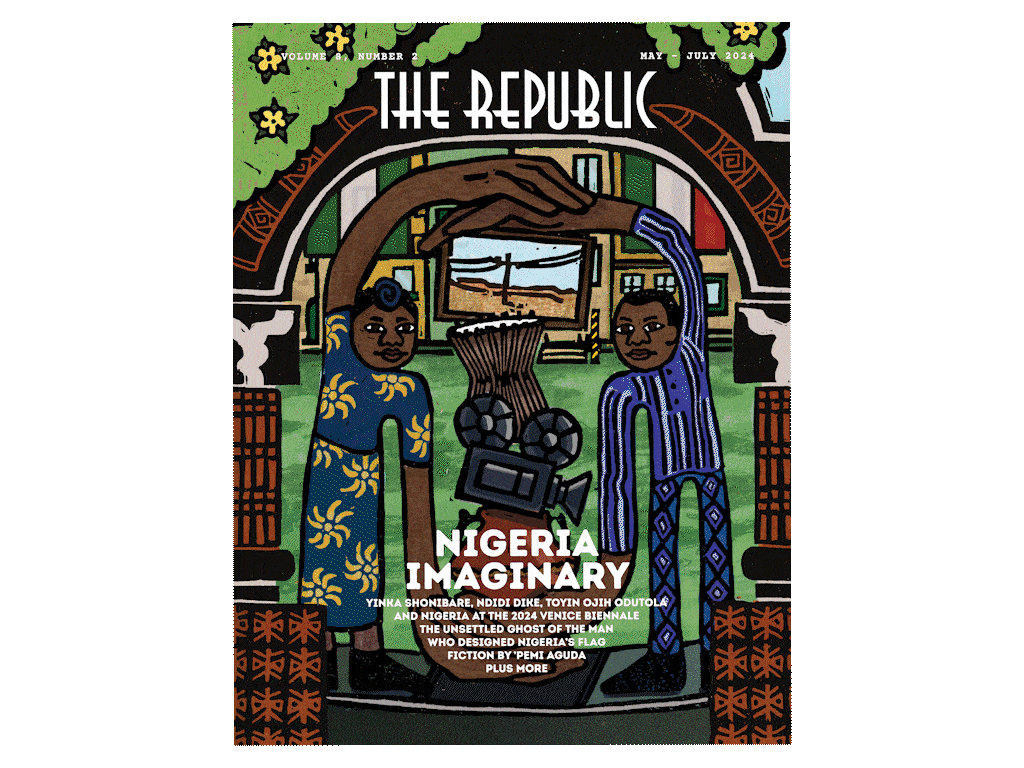 ₦10,000.00 – ₦30,000.00Select options This product has multiple variants. The options may be chosen on the product page
₦10,000.00 – ₦30,000.00Select options This product has multiple variants. The options may be chosen on the product page -
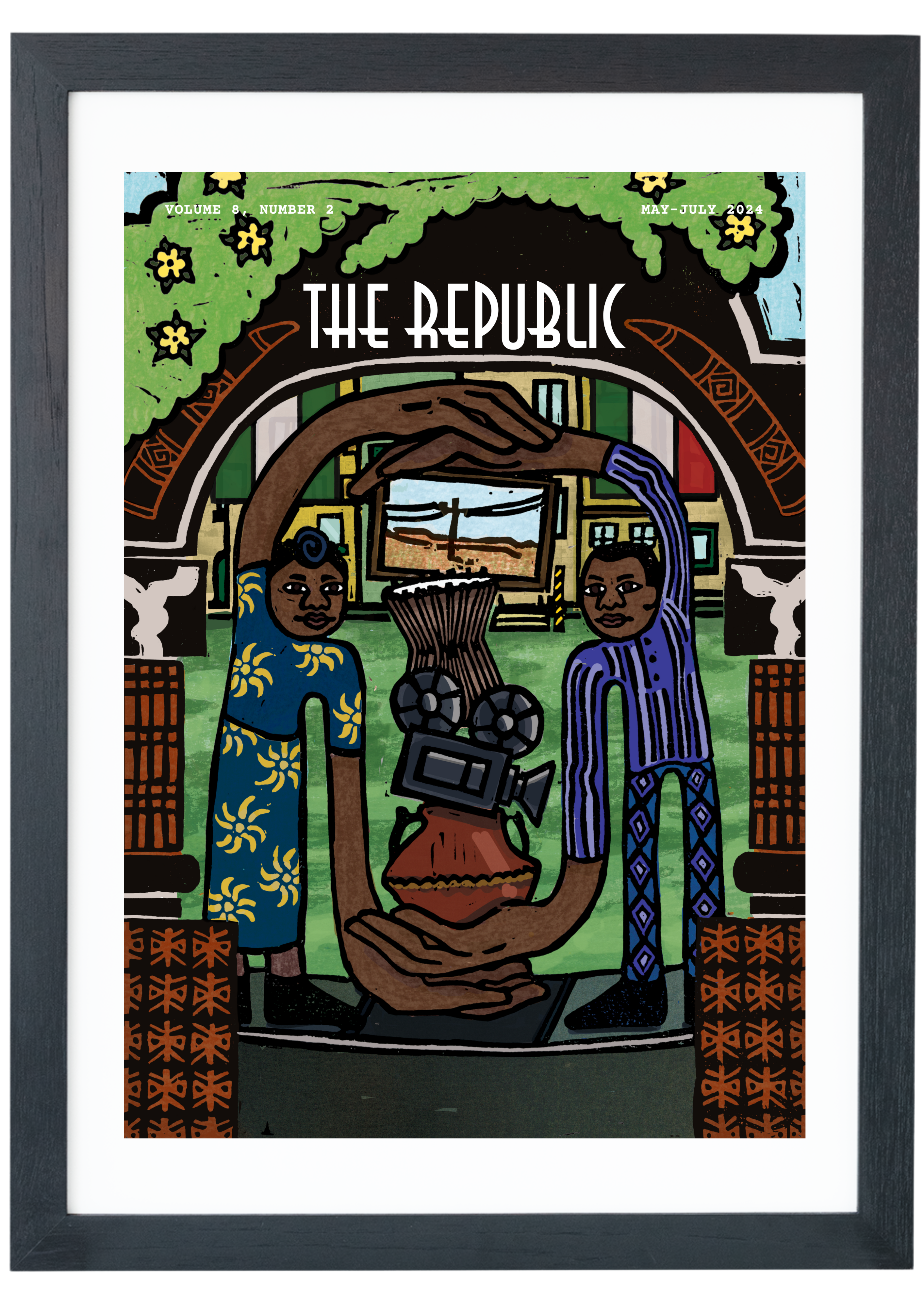 ₦140,000.00 – ₦150,000.00Select options This product has multiple variants. The options may be chosen on the product page
₦140,000.00 – ₦150,000.00Select options This product has multiple variants. The options may be chosen on the product page




